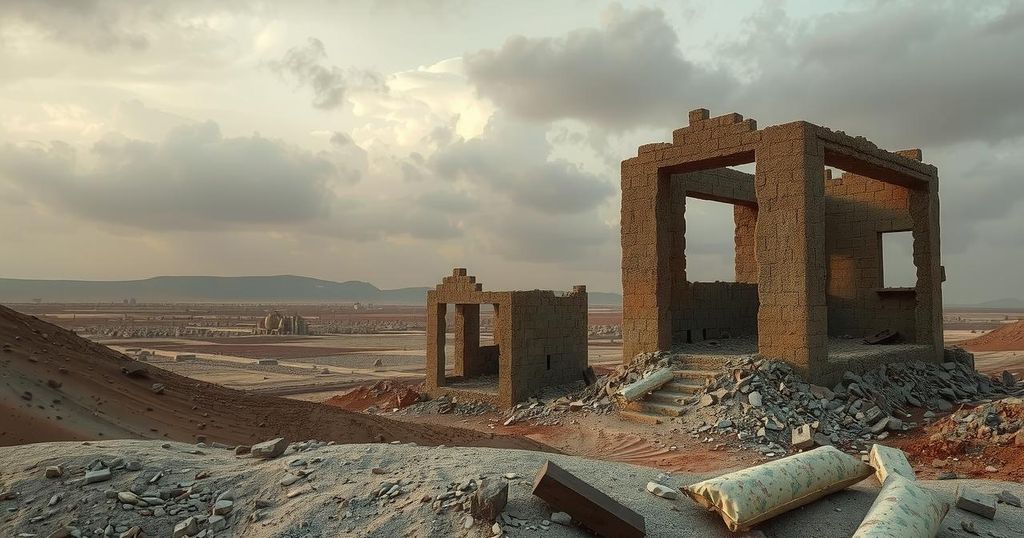War-Torn Congo Offers Trump Mineral Deal in Exchange for Security Support

Félix Tshisekedi, President of the Democratic Republic of Congo, proposed a secret deal to President Trump wherein U.S. assistance against the M23 rebel group would lead to American access to vital minerals like cobalt and lithium. The negotiations coincide with talks involving Erik Prince, aimed at securing mining revenues for Congo. This partnership could enhance U.S. technological capacities while addressing regional security concerns.
In a letter dated February 8, 2023, Félix Tshisekedi, the President of the Democratic Republic of Congo, proposed a deal to President Trump. The offer calls for U.S. assistance in defeating the M23 rebel group in exchange for access to valuable minerals crucial for U.S. high-tech industries, such as cobalt, lithium, and copper.
Tshisekedi characterized the collaboration as beneficial to both parties, stating, “Your election has ushered in the golden age for America.” He asserted that this partnership would enhance the U.S.’s strategic position and ensure a steady supply of essential minerals from Congo.
In the proposal, Tshisekedi requested a “formal security pact” that would aid the Congolese army in combating the M23 group, which has recently taken control of significant areas in eastern Congo. Specific details regarding the desired military support were not included in the correspondence.
The timing of Tshisekedi’s offer coincides with ongoing negotiations with Erik Prince, a close associate of Trump and founder of the private military company previously known as Blackwater. Success in these discussions may result in Prince assisting the Congolese government in managing and securing mining revenues.
The eastern region of Congo has been plagued by various militias, a situation exacerbated by historical tensions linked to the Rwandan genocide. Although Rwanda denies backing the M23, allegations persist, including claims of military assistance from Rwanda reported by a U.N. panel.
Tshisekedi’s proposal capitalizes on Trump’s preference for transactional foreign relations and seeks to position the DRC favorably in the global competition for mineral resources essential for American technology and automotive industries. Minerals, such as tantalum and cobalt, are particularly pivotal for devices like smartphones and electric vehicles.
A spokesperson for Tshisekedi affirmed the legitimacy of the proposal and identified ongoing discussions regarding U.S. access to Congo’s natural resources as mutually beneficial. An intermediary associated with mining interests relayed the proposal to Trump’s office, subsequently leading to a briefing with the National Security Council (NSC).
Moreover, on the day of the planned NSC meeting, the U.S. Treasury Department implemented sanctions against certain Rwandan officials connected to the conflict, a move that was confirmed to have been in progress before the announcement.
Tshisekedi’s representatives emphasize the Congolese commitment to collaborating with Trump’s administration to resolve hostilities and curtail the illicit mineral trade facilitated through Rwanda. While a formal contract with Prince is not yet finalized, discussions about his potential role in securing Congo’s mining revenue are ongoing.
The proposed deal between President Tshisekedi and President Trump represents a strategic opportunity for both parties. By assisting in the fight against rebels in exchange for direct access to Congo’s valuable mineral resources, the partnership could enhance U.S. technological competitiveness while addressing local security challenges. These discussions underscore the importance of natural resources in contemporary foreign policymaking and the intricate interplay between political and economic agendas.
Original Source: www.livemint.com







